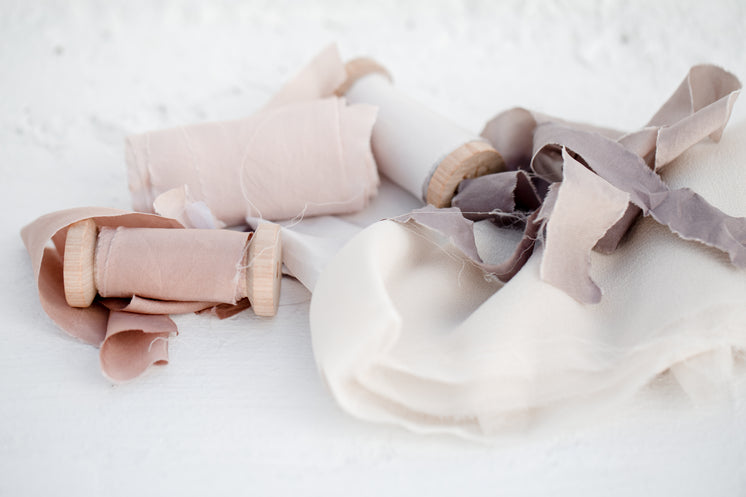3. Humidity: Tropical houseplants thrive in a humid environment. To increase humidity levels around your plants, you can mist them regularly, place a humidifier nearby, or group them together to create a microclimate.Houseplants have become increasingly popular in recent years, with many people recognising the numerous benefits they bring to both our homes and our well-being. From improving air quality to boosting mental health, the humble houseplant is a simple yet effective way to add a touch of nature to our indoor spaces.1. Watering: One of the most common mistakes people make with houseplants is overwatering. Most plants prefer to dry out slightly between waterings, so be mindful not to water your plants too frequently. The best way to test if your plant needs water is to stick your finger into the soil – if it feels dry an inch below the surface, it’s time to water.One of the key benefits of having houseplants in our homes is their ability to improve air quality. Plants naturally remove toxins from the air through a process called photosynthesis, where they take in carbon dioxide and release oxygen. This can help to reduce the levels of harmful chemicals such as formaldehyde, benzene and trichloroethylene, which are commonly found in indoor environments due to household products and pollution. By having a variety of houseplants in your home, you can create a healthier and cleaner living space for you and your family.Another key factor to consider when choosing houseplants is the amount of care and maintenance they require. If you have a busy schedule or are new to plant care, opt for low-maintenance plants that require minimal watering and attention, such as pothos, succulents and cacti. On the other hand, if you enjoy tending to your plants and have the time to dedicate to their care, you may prefer more high-maintenance plants that require regular watering, pruning and fertilising, such as orchids, fiddle-leaf figs and peace lilies.In conclusion, houseplants are a simple yet effective way to enhance our homes and improve our well-being. From their air-purifying and mood-boosting benefits to their aesthetic appeal and ability to connect us to nature, houseplants offer a multitude of advantages that make them a valuable addition to any indoor space. By choosing the right plants for your home, providing them with the right care and attention, and creating a green oasis that reflects your personal style, you can enjoy the many benefits that houseplants bring to your life. So why not bring a touch of nature indoors and transform your home into a green paradise with the power of houseplants?When it comes to choosing houseplants for your home in the personalised gifts uk, there are a few things to consider. The first is the amount of light that your space receives. Different plants have different light requirements, so it’s important to match the plants to the natural light available in your home. For example, plants like succulents and cacti thrive in bright, indirect light, while ferns and peace lilies prefer shadier spots.In the 20th century, garden design continued to evolve with the emergence of modernist and postmodernist movements, influenced by changing social, cultural, and environmental factors. Modernist gardens, such as those designed by Gertrude Jekyll and Lawrence Johnston, sought to blend art, architecture, and nature in a harmonious fusion of form and function. Postmodernist gardens, such as those created by Charles Jencks and Martha Schwartz, embraced irony, playfulness, and eclecticism in a bold departure from tradition.In addition to their air-purifying and mood-boosting benefits, houseplants can also enhance the aesthetic appeal of our homes. With a wide variety of shapes, sizes and colours to choose from, houseplants can be used to add a touch of greenery to any room, whether it be a small succulent on a windowsill or a large fiddle-leaf fig in a corner. Plants can also be used to create focal points and add interest to a space, transforming blank walls and empty corners into vibrant and inviting areas that reflect our individual style and personality.Not only do houseplants improve air quality, but they also have a positive impact on our mental health and well-being. Studies have shown that being in the presence of plants can reduce stress and anxiety, improve mood and increase productivity. The simple act of caring for a plant can also provide a sense of purpose and fulfilment, as well as a connection to nature in our often busy and technology-driven world. By creating an indoor green oasis with houseplants, you can create a calm and soothing environment that promotes relaxation and mental clarity. The Victorian era saw a return to more formal garden design in Britain, as the Industrial Revolution brought advances in technology that allowed for the creation of elaborate and ornate gardens. The Victorian garden was a reflection of the period’s obsession with order and control, with an emphasis on symmetry, structure, and meticulous attention to detail.
The Victorian era saw a return to more formal garden design in Britain, as the Industrial Revolution brought advances in technology that allowed for the creation of elaborate and ornate gardens. The Victorian garden was a reflection of the period’s obsession with order and control, with an emphasis on symmetry, structure, and meticulous attention to detail.